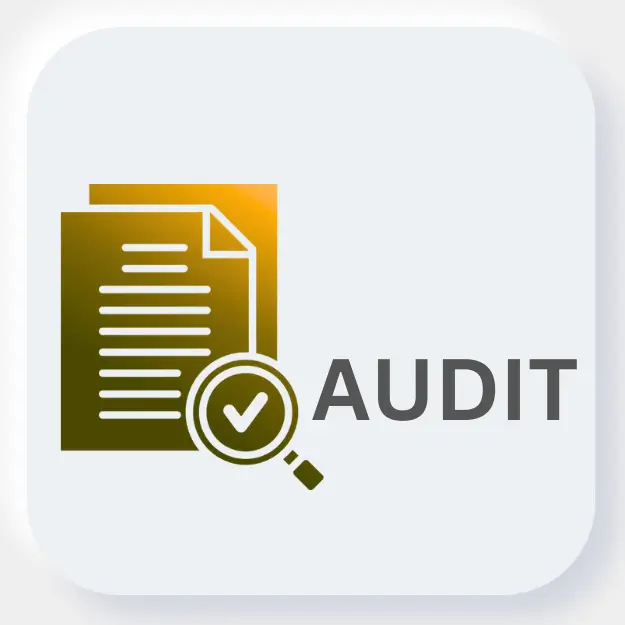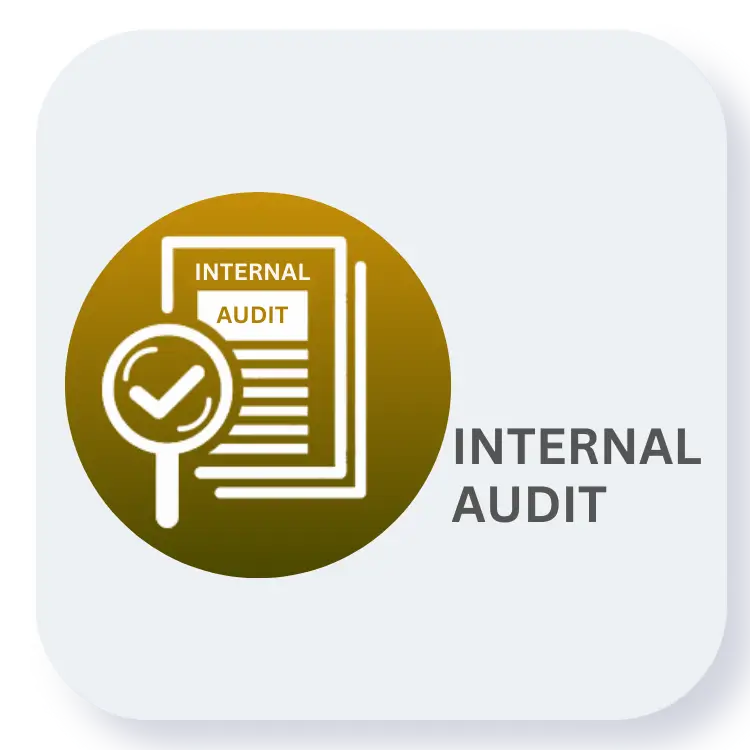Introduction
When Ayushi stepped into her very first
Statutory
Audit client’s office, she wasn’t just nervous - she
was petrified. A first-year article assistant venturing into one of the most demanding yet crucial CA
fields in India, she kept whispering, “It’s just a statutory audit, right? I’ve studied this...” But
nothing in the textbooks prepares you for the audit of statutory corporations or a private company’s
books like a real audit file in your hands
If you're a CA student gearing up for your articleship, or someone exploring CA
jobs in India, this isn’t
just theory. This is real. Whether you're joining a Big 4 or a boutique firm, the journey from article
to chartered accountant often begins with one thing - statutory audit.
And if you're wondering how to do statutory audit when you're new to all of this - you're not alone. This
guide has got you covered.
What Is Statutory Audit? Definition, Law & Applicability
Let’s start with the basics: What is the meaning of statutory audit?
A statutory audit is a legally mandated review of a company’s financial statements to ensure accuracy and
compliance with laws - especially the Companies Act in India. But for chartered accountants, it’s much
more. It’s the first time you understand how a business really runs.
If you’re wondering, "Who requires a statutory audit?" - here’s the answer:
Any company that crosses the thresholds defined under law - typically based on turnover or paid-up
capital -
falls under statutory audit applicability. From listed companies to statutory corporations, the scope is
massive.
For CA students in India, it’s often your gateway to everything - from internal
audit and FP&A to
investment
banking and due diligence. That’s why understanding the difference between internal audit and statutory
audit becomes crucial from day one.
Why Statutory Audit Is Important for Chartered Accountants?
A rookie might think the annual statutory audit is about ticking off ledgers and vouching. But ask any
experienced statutory auditor and they’ll tell you - it’s about understanding the business.
As a CA
article, when you perform a statutory audit, you’re:
- Testing internal controls
- Validating the accuracy of financials
- Spotting misstatements or fraud
- Protecting misinformation from stakeholders
That’s why every audit plan for statutory audit starts with understanding the business model. Not just
numbers - but narratives.
How to Do Statutory Audit: Step-by-Step Process
Let’s drop the jargon and here we explained how to do statutory audit step by step process - something every CA
student or article assistant should understand clearly.
a. Client Onboarding & Planning
You’ll start by:
- Reviewing last year’s audit files
- Understanding their revenue streams
- Setting timelines and materiality
- Drafting your audit plan for statutory audit
This phase lays the foundation. It’s here that many first-year articles realize how serious and
structured a statutory audit is.
b. Understanding Internal Controls (Yes, SA 315)
You ask questions like:
- Who initiates payments?
- What documents are generated?
- How are expenses approved?
This is where you build audit judgment - something no book teaches but every chartered accountant
needs.
c. Substantive Testing & Vouching
Now it gets real. You’ll:
- Match PO → GRN → Invoice → Ledger → Payment
- Perform test checks
- Manually verify entries and documents
It’s tiring. But it’s what sharpens your eye for detail - a vital skill in all CA jobs in India.
d. Reporting, Queries, and Wrap-Up
As you wrap up the statutory audit, your work includes:
- Preparing working papers
- Drafting queries
- Completing MRLs, CARO, and audit reports
- Ensuring statutory audit documentation is audit-proof
You’ll also learn about statutory audit fees, especially how they vary based on company size and
scope.
Audit Room Realities: What Textbooks Don’t Teach
This is where Ayushi had her biggest learning curve - and where every article grows the most.
Excel
Is Your Survival Kit
If you can’t use Excel well, you’ll struggle in most CA fields in India. Learn:
- VLOOKUP
- Pivot Tables
- Filters
- Conditional Formatting
These aren't just tools. They’re essentials for every statutory auditor.
Document or It Didn’t Happen
Golden rule: If it’s not documented, it’s not done.
Every statutory audit depends on clean, thorough documentation. It’s not optional - it’s your audit
shield.
Speak Like an Auditor
Don’t say: “Send me all documents.”
Say: “Could you please share the rent ledger with payment proofs for Q3?”
That’s how chartered accountants talk.
Big 4 vs Mid-Sized Firms: Where to Learn Statutory Audit in CA?
Both paths shape strong professionals. But the journey differs:
Big 4s:
- High-profile clients
- Structured roles
- Great branding
- Deep specialization in areas
Mid-Sized Firms:
- Hands-on learning from start to finish
- More exposure to different industries
- Opportunity to manage entire audits
In both cases, how to do statutory audit is a lesson you learn by doing - no matter which of the CA
fields in India you want to pursue.
Why Every Chartered Accountant Must Master Statutory Audit in CA?
Yes, the statutory audit comes with long hours and Excel fatigue. But the long-term gains are undeniable.
You’ll:
- Read financials fluently
- Spot risks others miss
- Work across industries - pharma, tech, infra
- Strengthen your resume for high-paying CA jobs in India
Whether it’s FP&A, internal audit, or entrepreneurship, there’s hardly a space where audit skills
don’t give you an edge.
The Growth You Don’t See – But Always Feel
The best part of learning how to do statutory audit isn’t in the files. It’s in the transformation you go
through.
From fumbling with vouchers to leading discussions with clients - you grow.
From saying “Sorry, I’ll check with my senior” to confidently raising audit queries - you evolve.
That’s the magic of statutory audit in CA. It doesn’t just make you technically strong. It makes you
professionally unshakable.
Frequently Asked Questions
Q: What is the meaning of statutory audit?
A statutory audit is basically a mandatory health check-up of a company’s finances. The goal? To make
sure the numbers are clean, legal, and nothing fishy is going on. It’s done by an independent auditor
and is required by law for certain companies.
Q: Who requires a statutory audit?
Any company that crosses certain thresholds - like turnover or capital limits - must go through a
statutory audit. This includes listed companies and even statutory corporations. If your business grows
big enough, audit isn’t optional - it’s a legal necessity.
Q: What is the role of a statutory auditor?
Think of a statutory auditor as a financial detective. They go through the company’s books, invoices,
ledgers, and controls to make sure everything is in place and nothing’s being hidden. They’re not part
of the company - so their job is to stay neutral and honest, especially for outsiders like investors and
regulators.
Q: What is the limit for statutory audit?
As per current rules, if a business has more than ₹1 crore in turnover, or over ₹25 lakh in professional
receipts (for individuals like consultants), a statutory audit may apply. The exact statutory audit
applicability depends on the nature of the entity and other factors - but this is the ballpark.
Conclusion: How To Do Statutory Audit?
Learning how to do statutory audit is not just about ticking compliance boxes. It’s about learning how to
think, analyze, and communicate like a chartered
accountant.
In a world full of shortcuts, the CA journey still builds professionals with integrity. Whether you end
up in consulting, audit, FP&A, or even your own startup - these foundational years doing statutory
audit will stay with you forever.
Because you’re not just learning to audit.
You’re learning to lead.
You’re not just checking ledgers.
You’re earning your place as a chartered accountant.

.webp)


















































